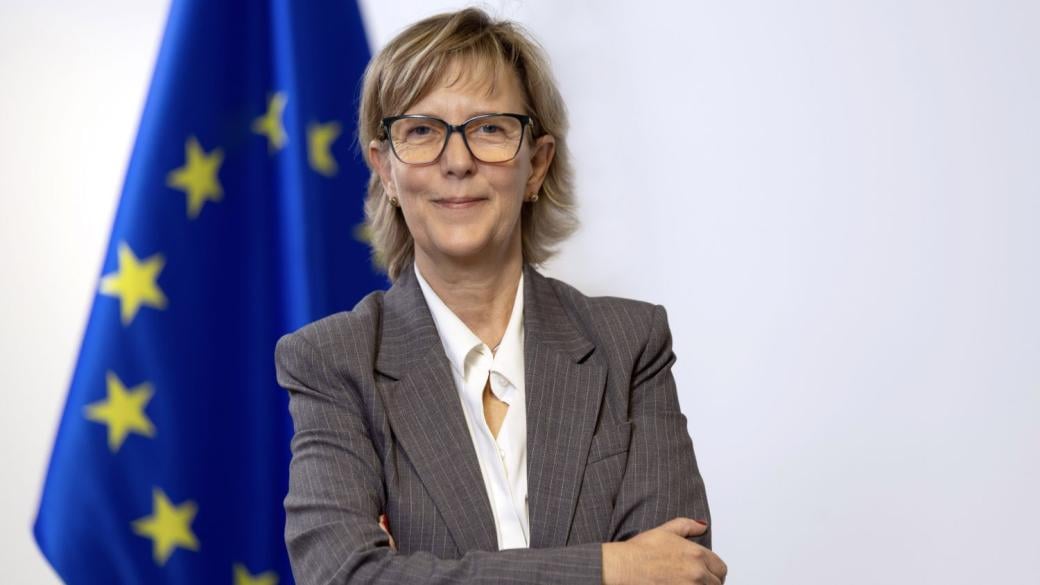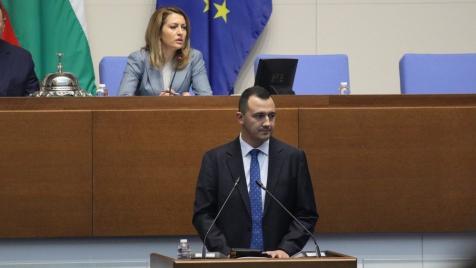Making Europe’s Savings Work: A Strategy for Citizens and the Future

Throughout our lives, money shapes some of our most important choices: buying a home, raising a family, planning for retirement. Our ability to make sound financial decisions – how we plan, spend and save – affects our quality of life, wellbeing and opportunities. Yet many of us learn to manage our finances only by trial and error.
With the right knowledge and tools, everyone can make those decisions with confidence. This is what we mean by financial literacy: knowing how to budget, how to protect yourself from fraud, how to avoid excessive debt – and how to make savings grow for the long term.
Unfortunately, levels of financial literacy in the EU are very low. Only 18% of EU citizens are highly financially literate, according to our most recent survey, and not everyone starts from the same place. Women often face a pay gap and career breaks that reduce their savings. Low-income families are more vulnerable to financial setbacks. Older people may struggle with digital banking and fall victims to scams. Migrants might not understand the local financial system. The result can be financial fragility or even financial exclusion.
That is why the European Commission has now adopted a new Strategy on Financial Literacy. Our aim is to support Europeans at every stage of life — from children learning at school how money works, to adults preparing for retirement. It is never too early and never too late to strengthen financial skills. A basic understanding of concepts like interest rates, inflation or investment options can make all the difference between financial insecurity and financial independence. You might already know of public authorities and consumer organisations near you or online that can help you meet your specific financial education needs. In coming years, these efforts will be bolstered across the EU.
But knowledge is only part of the solution. Citizens also need practical opportunities to put savings to work. Too often, money simply sits in current or savings accounts — safe, yes, but losing value to inflation. Investing may sound complex or risky, but when done wisely, over the medium and long term, it can protect your savings, make them grow, and help you achieve life goals. At the same time, your money helps finance European companies, fuelling innovation, job creation and growth.
To make this easier and more accessible, the Commission is introducing a blueprint for Savings and Investment Accounts (SIAs). These accounts work much like a bank account, but with a crucial difference: they allow citizens to invest directly in shares, bonds or funds — starting with as little as €10 or equivalent. SIAs are simple, transparent, and often come with tax benefits. And most importantly, you stay in full control of where your money goes.
In some EU countries, SIAs have already proved hugely successful. In others, they exist but lack the features or incentives to make them attractive. Our blueprint draws on the best examples in Europe and around the world, and we are encouraging every Member State to adopt it. The objective is clear: to make this opportunity available to all Europeans, no matter where they live. Europe’s future competitiveness depends on turning savings into productive investment. But more than that, citizens deserve the chance to see their hard work rewarded with greater financial security and wealth over time.
The European Commission is committed to building a Savings and Investments Union that works for everyone. With better financial literacy and fair access to investment opportunities, every citizen can feel more empowered, more secure, and better prepared for the future.
It is time for Europe’s savings to work harder — for you, for your family, and for our shared prosperity.




